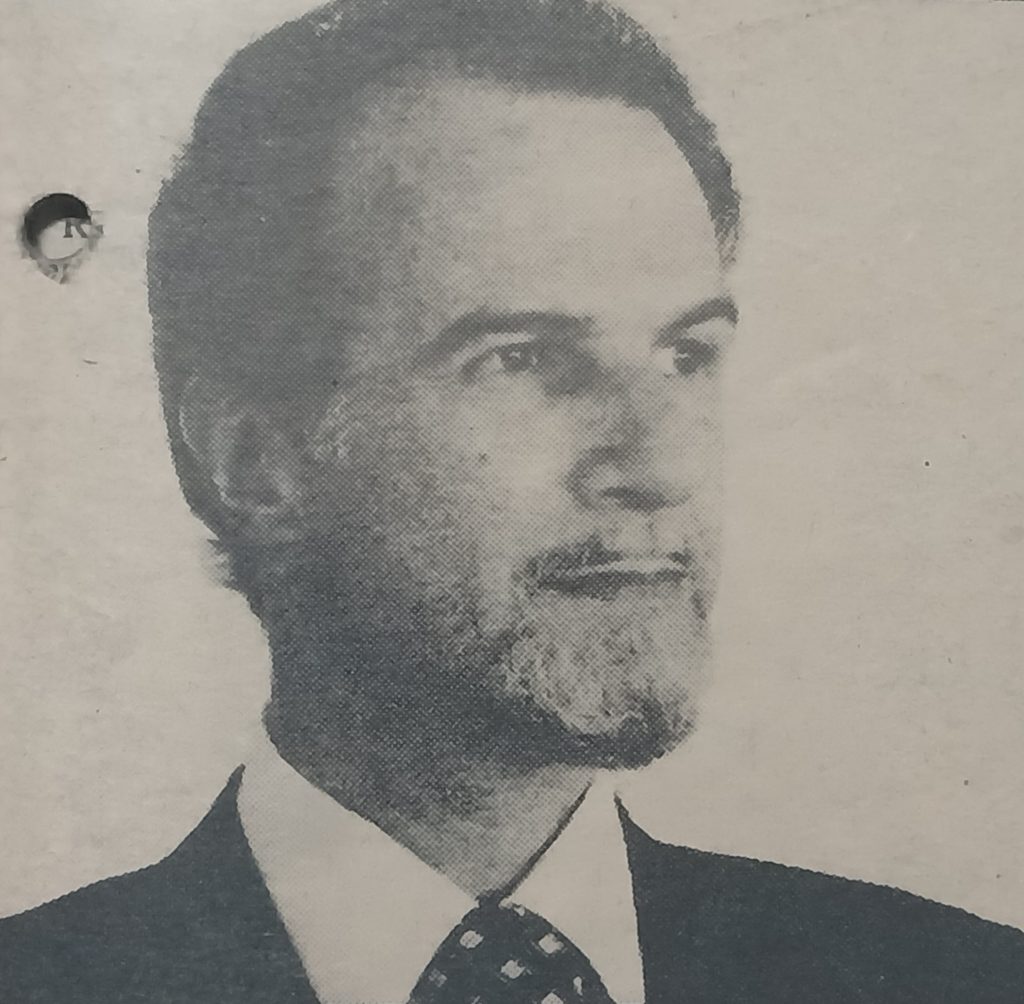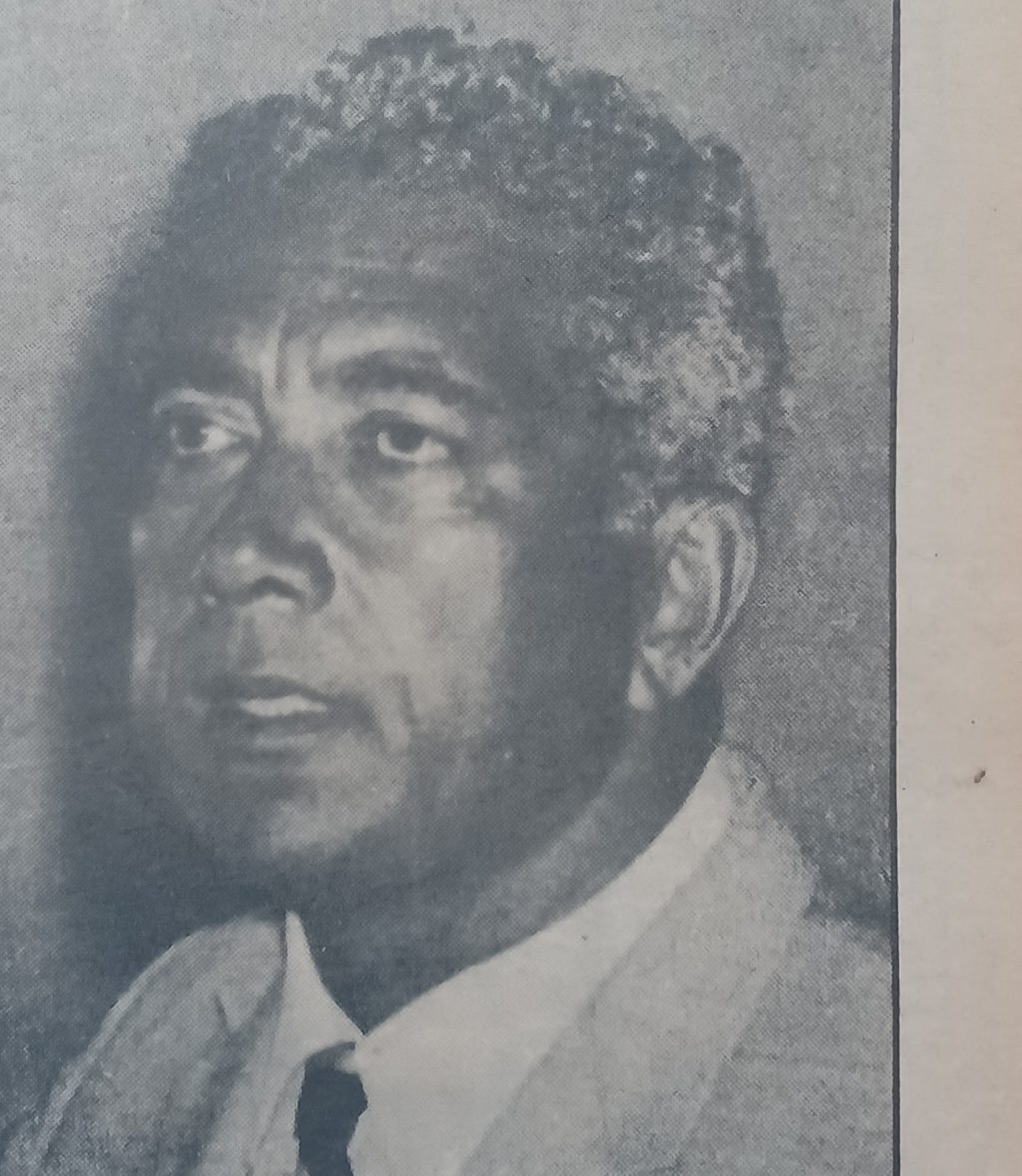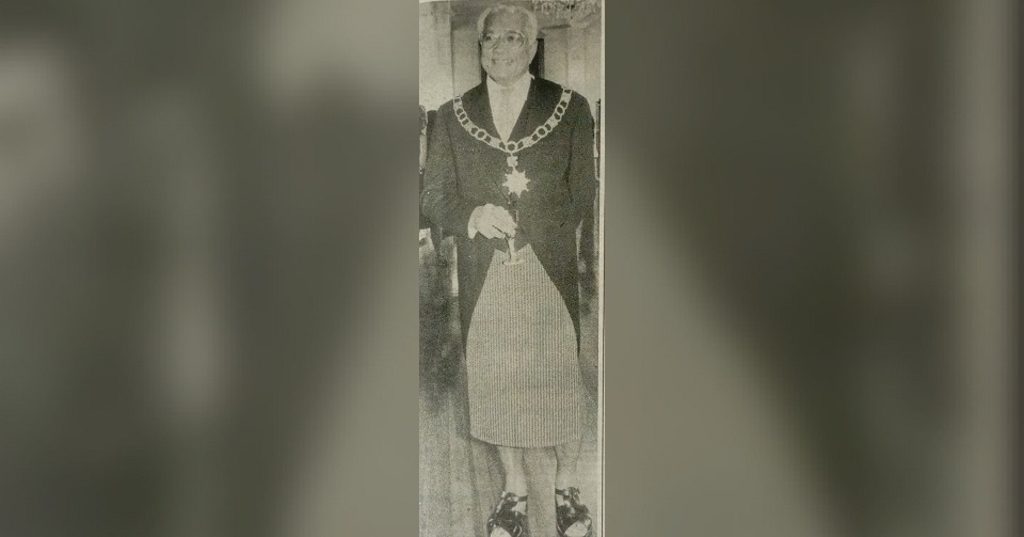Governor-general Ratu Sir George Cakobau, reportedly agreed to the retirement of Fiji’s British Chief Justice, Sir Clifford Grant, in 1979.
This was learned unofficially by The Fiji Times, and according to an article published on November 10 that year, that Prime Minister Ratu Sir Kamisese Mara went to see the Governor-General at Ratu Sir George’s request.
A formal letter in which Ratu Mara asked for Sir Grant’s retirement under a localisation provision of the Constitution went to the Governor-General just before noon.
Ratu Mara wanted Sir Grant to be succeeded by a local judge in about six months.
Ratu George, who as Governor-General, was empowered to dismiss the Chief Justice and appoint a new one in consultation with the Prime Minister and the Leader of Opposition, was expected to confirm his decision.
This newspaper reported a reliable source saying Ratu Mara had agreed the time for the localisation of the post had come.
In a statement, the PM said he believed at least three local judges had the qualities necessary to be CJ. Speculation in legal circles was that Supreme Court judge Justice Kermode headed the list.
He was the former Speaker of the House of Representatives and was in private practice as a lawyer for many years before becoming a judge.
The Leader of Opposition, Jai Ram Reddy, and the Fiji Public Service Association said they supported the PM’s wish to have a Fijian citizen as Chief Justice.
Mr Reddy said the National Federation Party saw it as a “necessary first step towards an orderly localisation of the legal and judicial services”.
The NFP agreed that local people could occupy the position with the necessary learning, integrity, and independence.
“It is in the interest of Fiji and its future social and political development that its legal and judicial services be in time fully localised”.
Localisation of the legal and judicial branch of the public service had been “painfully slow,” which was why it welcomed the move to localise the CJ’s office.
Mr Reddy said the change should be “without unnecessary controversy and in a manner prescribed by the Constitution”.
He said his statement had the backing of his parliamentary board.
The FPSA said it was “deeply concerned that some people should attempt to distort the entire issue to such an extent to attribute improper conduct on the part of the PM”.
He was well within the realms of fairness and had not infringed the Constitution.
“Indeed, if anything, he has gone out of his way by first informing the person likely to be affected as a result of his apparent intention which, in turn does not appear to arise from any personal or political motives but from a requirement in the Constitution which he must heed as the elected head of the government and as the minister responsible for the public service,” the FPSA said.
Sir Grant said Ratu Mara had no authority to write asking him to retire, which he did on October 29, and for this reason, he had sent the letter to the Governor-General without discussing it with Ratu Mara.
But Sir Grant also released a copy of a letter to the PM, saying he would not stay if he was not wanted.
2. Former Chief Justice Sir Clifford Grant.

1. Former Prime Minister Ratu Sir Kamisese Mara.



